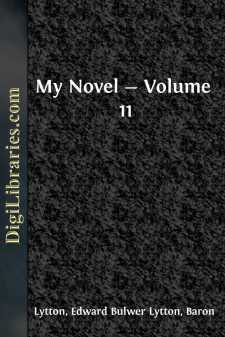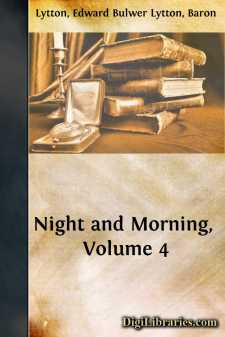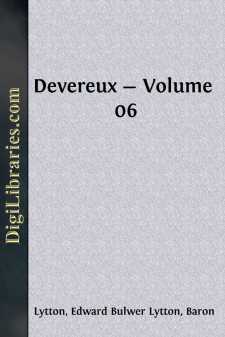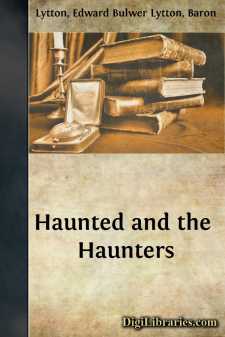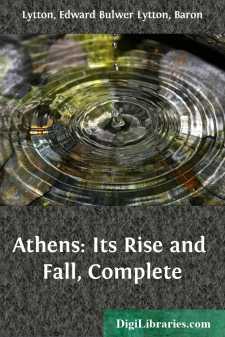Categories
- Antiques & Collectibles 13
- Architecture 36
- Art 48
- Bibles 22
- Biography & Autobiography 813
- Body, Mind & Spirit 142
- Business & Economics 28
- Children's Books 17
- Children's Fiction 14
- Computers 4
- Cooking 94
- Crafts & Hobbies 4
- Drama 346
- Education 46
- Family & Relationships 57
- Fiction 11829
- Games 19
- Gardening 17
- Health & Fitness 34
- History 1377
- House & Home 1
- Humor 147
- Juvenile Fiction 1873
- Juvenile Nonfiction 202
- Language Arts & Disciplines 88
- Law 16
- Literary Collections 686
- Literary Criticism 179
- Mathematics 13
- Medical 41
- Music 40
- Nature 179
- Non-Classifiable 1768
- Performing Arts 7
- Periodicals 1453
- Philosophy 64
- Photography 2
- Poetry 896
- Political Science 203
- Psychology 42
- Reference 154
- Religion 513
- Science 126
- Self-Help 84
- Social Science 81
- Sports & Recreation 34
- Study Aids 3
- Technology & Engineering 59
- Transportation 23
- Travel 463
- True Crime 29
My Novel - Volume 11
Description:
Excerpt
CHAPTER XVII.
When the scenes in some long diorama pass solemnly before us, there is sometimes one solitary object, contrasting, perhaps, the view of stately cities or the march of a mighty river, that halts on the eye for a moment, and then glides away, leaving on the mind a strange, comfortless, undefined impression.
Why was the object presented to us? In itself it seemed comparatively insignificant. It may have been but a broken column, a lonely pool with a star-beam on its quiet surface,—yet it awes us. We remember it when phantasmal pictures of bright Damascus, or of colossal pyramids, of bazaars in Stamboul, or lengthened caravans that defile slow amidst the sands of Araby, have sated the wondering gaze. Why were we detained in the shadowy procession by a thing that would have been so commonplace had it not been so lone? Some latent interest must attach to it. Was it there that a vision of woe had lifted the wild hair of a Prophet; there where some Hagar had stilled the wail of her child on her indignant breast? We would fain call back the pageantry procession, fain see again the solitary thing that seemed so little worth the hand of the artist, and ask, "Why art thou here, and wherefore dost thou haunt us?"
Rise up,—rise up once more, by the broad great thoroughfare that stretches onward and onward to the remorseless London! Rise up, rise up, O solitary tree with the green leaves on thy bough, and the deep rents in thy heart; and the ravens, dark birds of omen and sorrow, that build their nest amidst the leaves of the bough, and drop with noiseless plumes down through the hollow rents of the heart, or are heard, it may be in the growing shadows of twilight, calling out to their young.
Under the old pollard-tree, by the side of John Avenel's house, there cowered, breathless and listening, John Avenel's daughter Nora. Now, when that fatal newspaper paragraph, which lied so like truth, met her eyes, she obeyed the first impulse of her passionate heart,—she tore the wedding ring from her finger, she enclosed it, with the paragraph itself, in a letter to Audley,—a letter that she designed to convey scorn and pride—alas! it expressed only jealousy and love. She could not rest till she had put this letter into the post with her own hand, addressed to, Audley at Lord Lansmere's. Scarce had it left her ere she repented. What had she done,—resigned the birth-right of the child she was so soon to bring into the world, resigned her last hope in her lover's honour, given up her life of life—and from belief in what?—a report in a newspaper! No, no; she would go herself to Lansmere; to her father's home,—she could contrive to see Audley before that letter reached his hand. The thought was scarcely conceived before obeyed. She found a vacant place in a coach that started from London some hours before the mail, and went within a few miles of Lansmere; those last miles she travelled on foot. Exhausted, fainting, she gained at last the sight of home, and there halted, for in the little garden in front she saw her parents seated....


